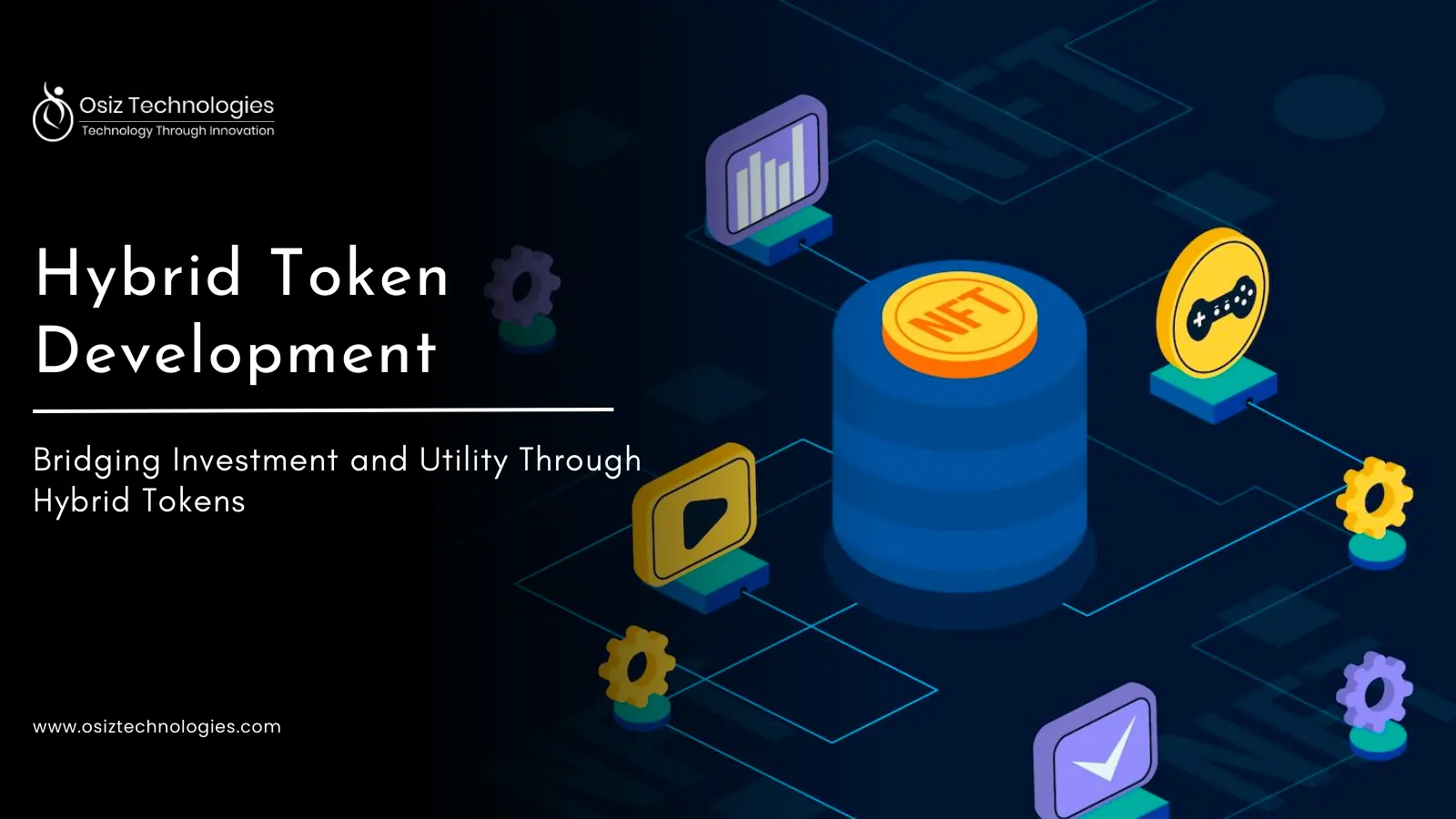Game mechanics is the essential part of game development that defines the player's experience, retention, and more. The success of every game depends on the game mechanics. In this blog, we'll look over game mechanics, including their sorts and benefits.
Let’s Get In Now!
What are Game Mechanics?
The foundational rules, processes, and elements defining game development are called Game Mechanics. Game Mechanics is the main criterion to determine the success and failure of the game. They include player objectives and rewards, character interactions, level design, resource management systems, and other elements. Furthermore, Game Mechanics gives life to the game by guiding players on how to interact and progress in the gaming world. Effective game mechanics engage players by providing a challenging yet manageable experience. Game development companies often leverage unique mechanics to distinguish their games from others and create memorable, standout titles.
Types of Game Mechanics
1. Action Mechanics
Action mechanics are prevalent in video games, involving the player controlling characters or objects to interact quickly with the environment. Some video game mechanics examples include jumping, dodging obstacles, and shooting projectiles.
2. Strategy Mechanics
Strategy mechanics encourage players to use problem-solving abilities to progress through levels. These mechanisms entail making decisions that influence the game's growth. Examples include resource management, puzzle-solving, and planning combat strategies.
3. Exploration Mechanics
Exploration video game mechanics focus on discovering new areas within the game world and uncovering hidden secrets. This type of feature motivates players to search both the physical and virtual worlds for clues, hidden things, and new locations.
4. Resource Management Mechanics
Players manage their resources effectively by Resource management mechanics to succeed. Players must often handle resources like health, money, or limited ammunition to progress through the game.
5. Role-Playing Mechanics
Role-playing mechanics enable players to personalize their characters and advance through the game environment. This gameplay often involves developing skills and gathering items to complete various objectives or missions.
Benefits of Game Mechanics Design
1. Flow:
Game mechanics are created to engage users to move on from one challenge to the next promoting progression via the game. The main essence of game mechanics is to build a significant sense of engagement and flow for players. This design technique keeps players invested in the experience, which increases user engagement and retention.
2. Motivation:
Game Mechanics act as powerful tools, as they motivate and incentivize players. By fusing rewards and other motivating mechanisms in the gameplay developers can support players to complete the task and boost motivation. This helps players to progress through games.
3. Improved User Experience:
User experience (UX) is crucial for engaging players. Game mechanics design plays a significant role in enhancing UX this in turn, boosts engagement and retention. Designers can implement mechanics like levels and also can add rewards. Leaderboards and progress tracking provide rewarding experiences to keep players engaged.
4. Player Progression:
Player progression is a critical aspect of game mechanics design. By offering strategic rewards such as unlocking new levels or special items, players experience a sense of accomplishment and advancement within the game. This not only motivates them. Players want to continue playing ensuring the game's success. It also encourages them to return for more challenges and content, deepening their investment in the experience. Well-designed player progression system can greatly enhance a gaming experience. By providing goals and milestones for players to strive for and anticipate.
5. Player Agency:
A key advantage of game mechanics design is its promotion of player agency. By creating systems that allow players to make meaningful choices and decisions developers can craft more engaging experiences. This amount of power gives people a sense of ownership. They have autonomy over their gameplay. This increases their likelihood of staying engaged and immersed in the game world.
6. Open-Ended Exploration:
- Game mechanics design entails creating and developing rules objectives, challenges rewards, and elements that govern the game's operation and define player interactions.
- Game mechanics are critical to any successful video game. They provide structure and purpose and incorporate open-ended exploration, so developers can create games. This allows players to freely explore their world. It removes being constrained by predetermined goals or outcomes. This enhances the overall gaming experience.
7. Emergent Gameplay:
One key benefit of game mechanics design is the capacity to generate emergent gameplay. This occurs when players' decisions and actions lead to unforeseen outcomes. It results in a more dynamic gaming experience. Emergent gameplay allows players to shape their narratives based on their choices. This fosters a sense of freedom and enthusiasm. They investigate various techniques and approaches to achieving their objectives. Understanding the intricacies of game mechanics is crucial to design such experiences effectively.
Tips to Avoid Mistakes in Game Mechanics
1. Maintain Balanced Difficulty
- Enemy/Protagonist Scaling: Ensure that enemies and protagonists scale appropriately with player progression to maintain a consistent challenge.
- Avoid Power Creep: Regularly assess and adjust the power levels of players and enemies to prevent any one aspect from becoming overwhelmingly powerful.
- Gradual Difficulty Increase: Introduce challenges progressively to avoid sudden spikes in difficulty, allowing players to adapt and improve.
- Consistent Behavior: Keep enemy and NPC behaviors consistent to prevent player confusion and frustration.
- Fair Distribution of Power-Ups: Balance power-ups and abilities to enhance gameplay without making it too easy or too hard.
2. Design Rewarding Gameplay
- Meaningful Milestones: Include key milestones and achievements, these give players a sense of success.
- Engaging Tasks: Avoid repetitive and mundane tasks instead offer varied and interesting challenges.
- Balanced Progression System: Ensure the player progression system is well-designed, rewards should match the effort required.
- Reward Variety: Offer a range of rewards. Include items, currency, and customization options to keep players motivated and engaged.
3. Conduct Thorough Playtesting
- Comprehensive Testing: Test all aspects of gameplay mechanics, including edge cases and unusual scenarios.
- Value Player Feedback: Actively seek and incorporate player feedback to identify and resolve issues.
- Diverse Playtesters: Conduct playtests with a wide demographic and range of skill levels to get comprehensive feedback.
- Clear Objectives: Set clear objectives for each playtest to ensure targeted and effective testing.
- External Playtesters: Use external playtesters and consider open beta tests to gather unbiased feedback.
4. Implement Effective Feedback Systems
- Timely Responses: Provide immediate and clear visual and auditory cues in response to player actions.
- Clear Cues: Ensure feedback cues are clear and easy to understand, helping players navigate the game mechanics.
- Balanced Information: Offer just the right amount of information, avoiding both overload and insufficiency.
- Appropriate Rewards: Make sure responses and feedback appropriately reward player actions.
- Informative Tutorials: Create tutorials that provide clear and immediate feedback to help players learn effectively.
5. Avoid Overcomplication
- Streamlined Mechanics: Focus on a few well-integrated mechanics rather than overloading the game with too many.
- Concise Tutorials: Keep tutorials brief and to the point, avoiding overly detailed instructions that can overwhelm players.
- Integration of New Mechanics: Introduce new mechanics gradually and ensure they fit seamlessly into the existing gameplay.
Final Words
Game mechanics have captivated players for decades. Many iconic games have created a huge fan database via game mechanics. With the above information, you have a basic knowledge of video game mechanics. Now it's your turn to give an engaging gaming experience. If you are looking for the perfect Game Development Company to build 2D and 3D games, contact Osiz’s game developers for innovation in game development. Contact us today to bring your vision to life and create an engaging gaming experience that players will love.
Listen To The Article












